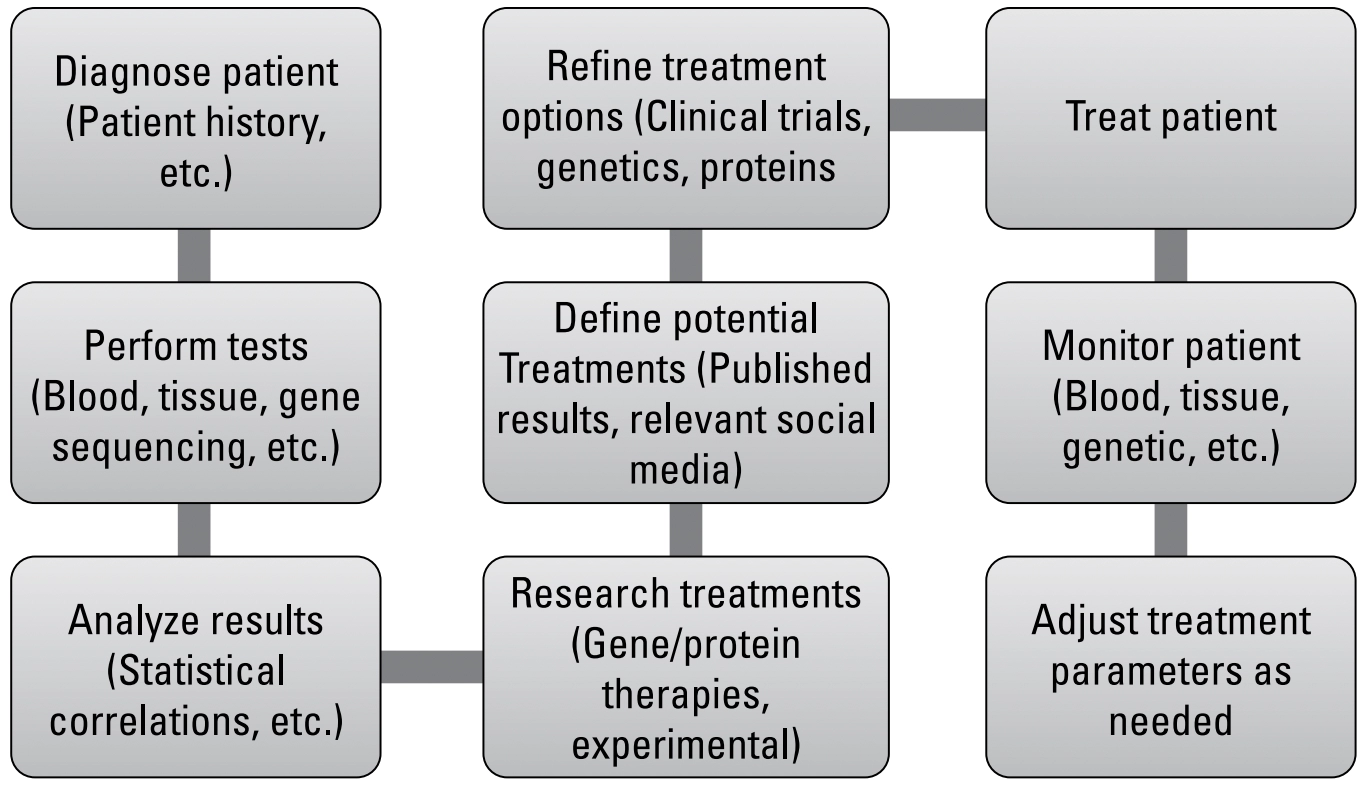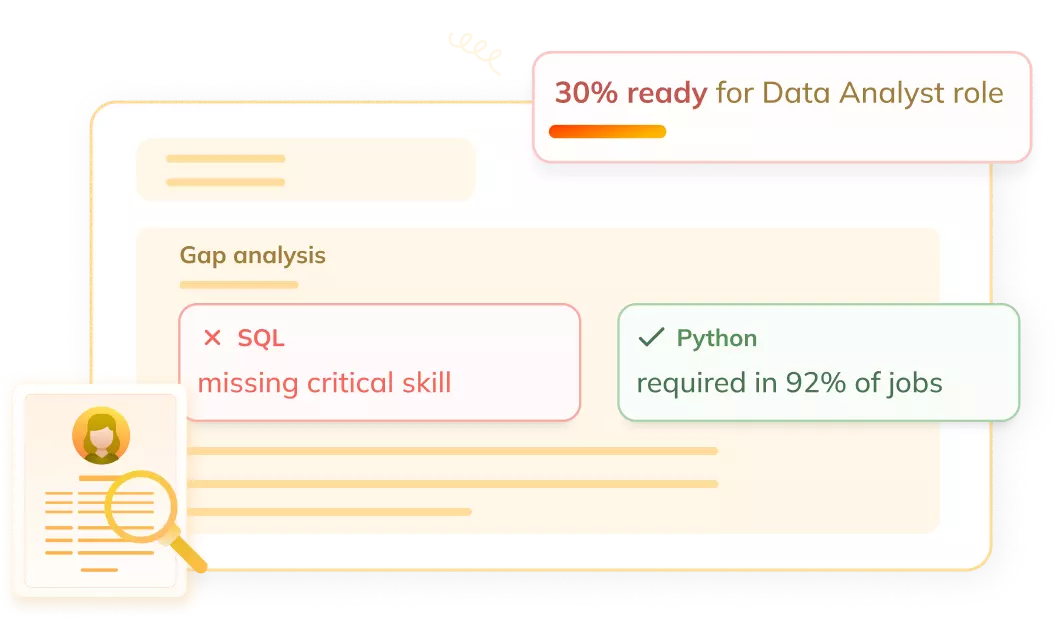Introduction
Across the globe, Big data sources for healthcare are being developed and made available for integration into existing procedures. Clinical trial data, genomics and genetic mutation data, protein therapies data, and a slew of other emerging types of data can all be mined to improve everyday healthcare procedures.
Let’s learn how to incorporate big data into the diagnosis of diseases in-depth.
How does the introduction of Big Data in healthcare affect the healthcare process?
The introduction of Big data into the operational process of identifying and managing patient health will affect the healthcare process in several ways in the future.
Here are some examples of possible future scenarios:-
1.) Understanding the problem we are trying to solve:
a.) A patient with a certain type of cancer must be treated.
2.) Determine which processes are involved:
a.) Diagnosis and testing (detect genetic mutation)
b.) Analysis of the results, which includes looking into therapy possibilities, clinical trial analysis, genetic analysis, and protein analysis.
c.) Monitor patient and adapt treatment as needed utilizing a new wireless device for individualized treatment delivery and monitoring.
d.) Define a treatment plan, which may include gene or protein therapy
3.) Determine the data needed to solve the problem:
a.) Determine the Patient history
b.) Determine the Blood, tissue, test results, and so on
c.) Determine the Statistical results of treatment options
d.) Determine the Clinical trial data
e.) Determine the genetic data
f.) Determine the Protein data
g.) Social media data
4.) Collect data, process it, and analyze the outcomes:
a.) Start treatment
b.) Keep an eye on the patient and adjust the treatment as needed
The figure below depicts the healthcare diagnostic process leveraging big data.

This is the ideal scenario where no new processes are required to accommodate large data interactions. While the processes remain mostly identical, the underlying technologies, such as applications, will need to adapt to handle the impact of big data characteristics such as data volume, variety of data sources, and speed or velocity necessary to process that data.




